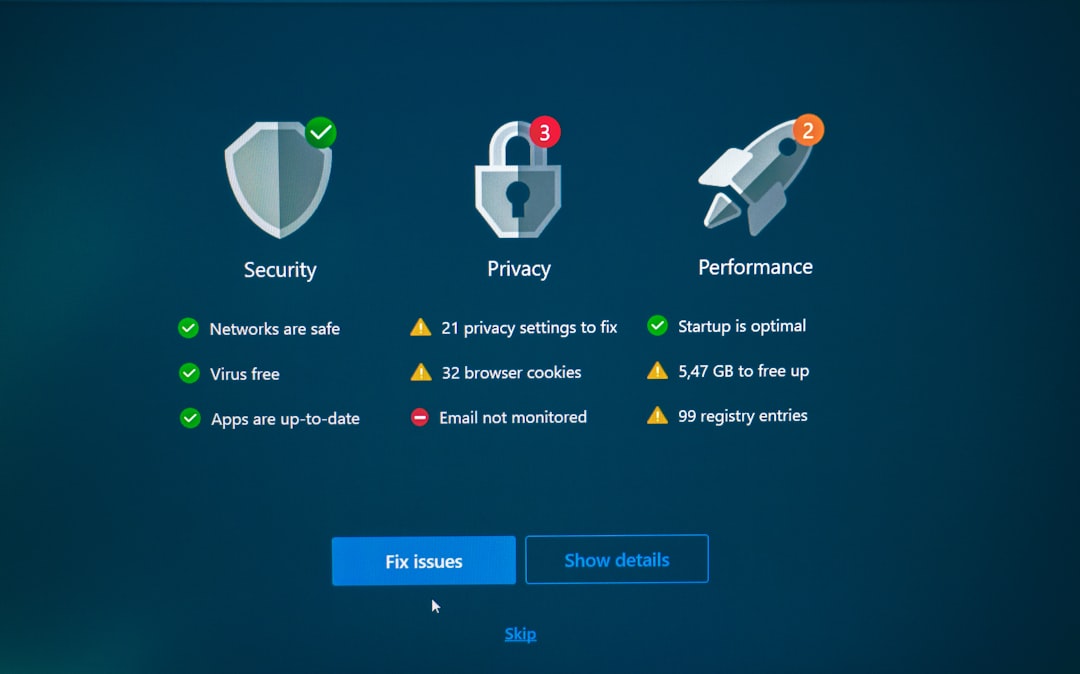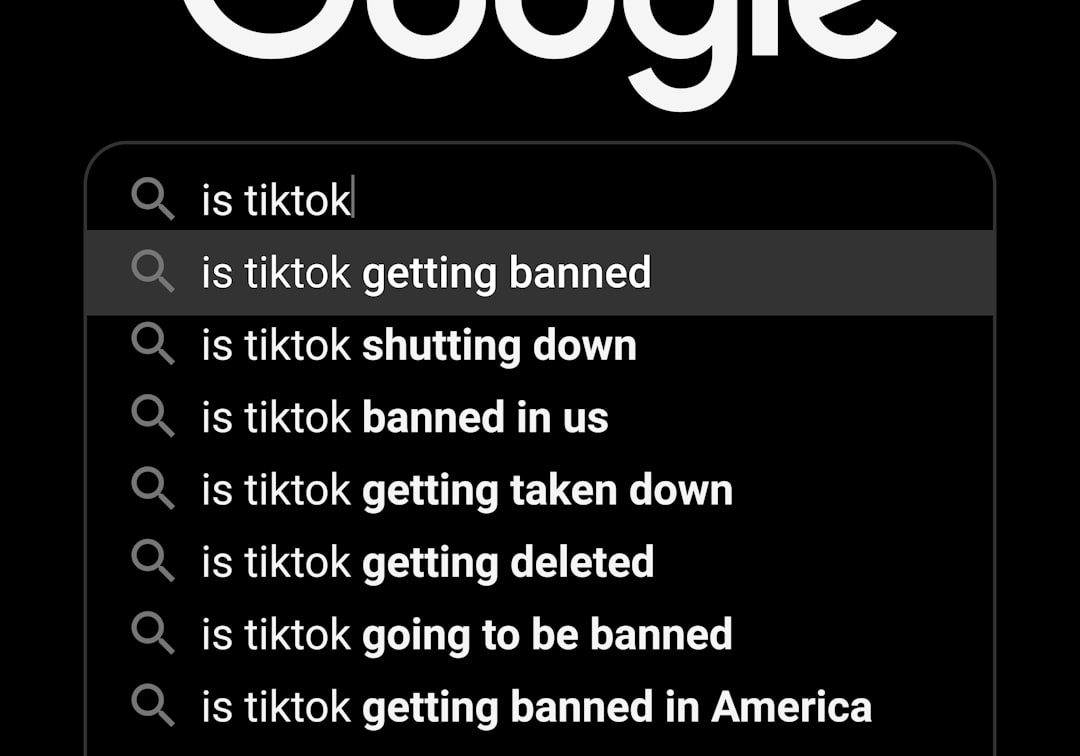When it comes to internet search, Google has long dominated the market, shaping how we find and access information. Yet, over the past decade, there has been a growing shift in consumer behavior towards platforms that prioritize privacy and minimal data tracking. One of the most prominent challengers in this changing landscape is DuckDuckGo. The key question many are asking is: Can DuckDuckGo truly replace Google?
To answer this, it’s essential to explore the core differences between the two platforms, assess where DuckDuckGo excels, and highlight the areas where it still falls short.
Privacy: DuckDuckGo’s Strongest Suit
One of DuckDuckGo’s primary selling points is its commitment to user privacy. Unlike Google, DuckDuckGo does not track user activity, store search history, or build data profiles. Every search is anonymous, a promise that resonates with an audience growing increasingly concerned about data surveillance and targeted advertising.
This model stands in stark contrast to Google, whose ad-driven business thrives on the ability to collect and monetize user data. For those wary of digital footprints, DuckDuckGo offers a more secure, less invasive alternative.

Search Accuracy and Capability
Google is known for its sophisticated algorithms and AI-driven personalization, which typically deliver highly relevant search results. It draws from a wide array of data, including location, browsing history, and personalized preferences, to tailor each query to the user’s profile.
DuckDuckGo, in prioritizing privacy, does not personalize search results. While this guarantees anonymity, it can also mean that search results may sometimes be less contextually accurate. For example, a search for “best Italian restaurants” won’t factor in your location unless you explicitly share it.
This trade-off raises a critical question: Do users value privacy more than personalized relevance? The answer to that lies largely in individual user priorities and use cases.
User Interface and Experience
DuckDuckGo’s interface is clean, efficient, and free of the clutter often associated with Google’s sponsored results. It integrates useful features such as:
- Instant Answers – Similar to Google’s snippets, this feature provides direct answers without needing to click through websites.
- Bangs (!) – A unique function allowing users to search directly on other websites (e.g., typing
!w Pythondirects you to the Python page on Wikipedia).
However, DuckDuckGo currently lacks some of the advanced features Google offers, like integrated maps, news feeds, and in-depth knowledge panels.
Market Penetration and Ecosystem
As of now, Google remains deeply ingrained in a massive ecosystem, powering everything from Gmail and Google Docs to Android operating systems. Its presence is nearly ubiquitous, and for many users and businesses, its tools are indispensable.
DuckDuckGo, by comparison, is still relatively niche. With a search market share hovering around 2-3% globally, it has a long way to go in reaching the level of market dominance Google holds. However, this underdog status also means it faces fewer of the privacy-related criticisms that frequently target Google.

Who Should Consider Switching?
There are specific user segments for whom DuckDuckGo may already be a suitable replacement:
- Privacy-conscious individuals who want to minimize digital tracking.
- Users with straightforward search needs that don’t rely on personalization.
- Developers and tech-savvy users who value tools like bangs and open-source integrations.
However, users who depend heavily on tailored search functionality, business tools, and comprehensive ecosystem integration may find Google more suitable — at least for now.
Conclusion
The notion that DuckDuckGo could completely replace Google for all users is ambitious. However, it is not unreasonable to envision a future where DuckDuckGo becomes a mainstream option for a significant population seeking privacy-first web browsing. In many scenarios, it already serves as a solid alternative, offering reliable performance without compromising on user data rights.
As awareness around digital privacy continues to grow, DuckDuckGo’s value proposition becomes ever more compelling. While it might not replace Google across the board just yet, its presence ensures there’s now a meaningful choice in the world of search — and that may be exactly what the internet needs.